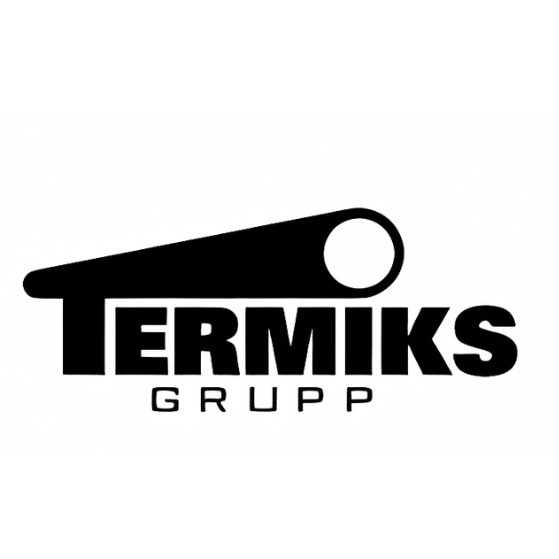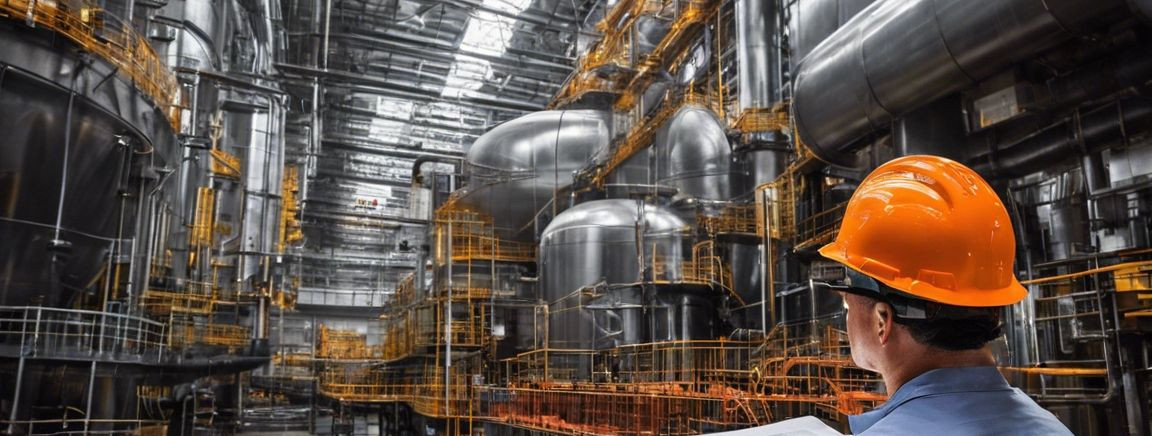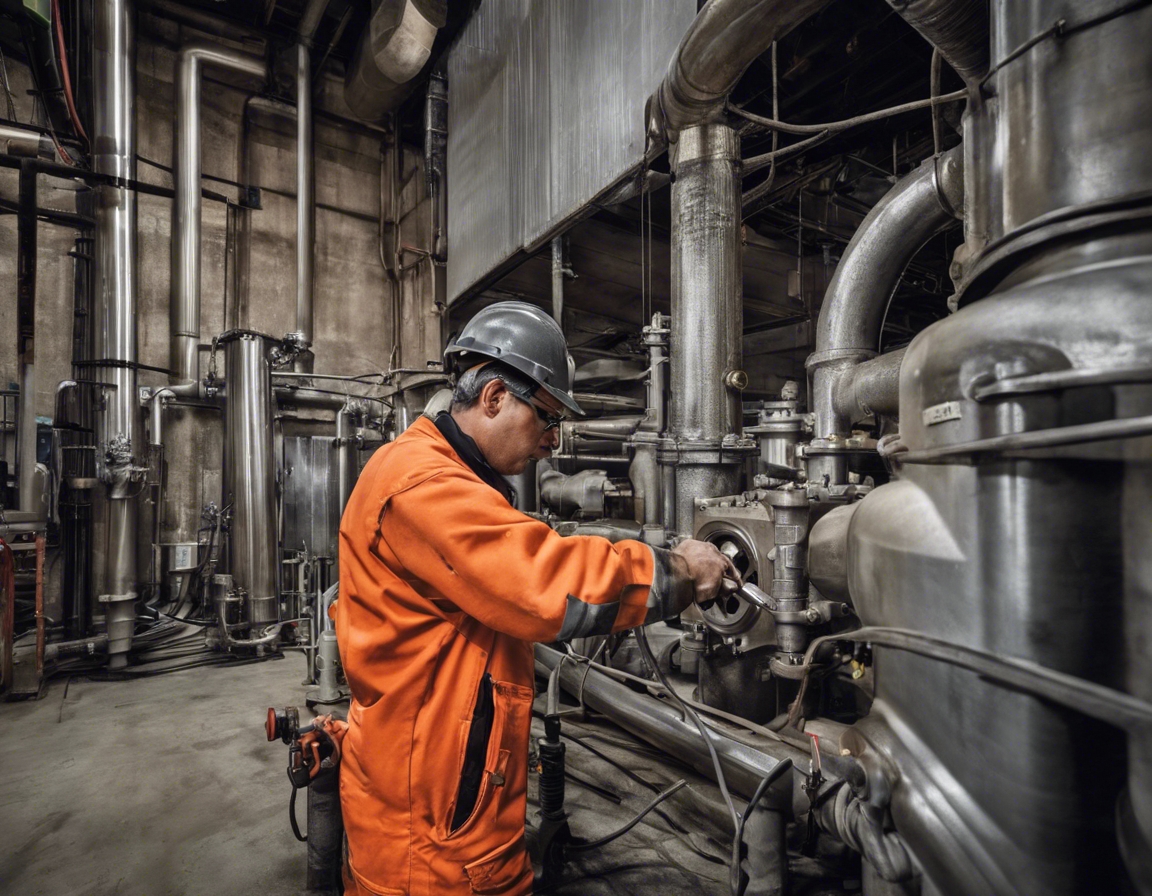Why Your Next Building Project Needs Sustainable Heating Solutions
Introduction to Sustainable Heating
Sustainable heating refers to systems and solutions that provide warmth in an environmentally friendly and energy-efficient manner. These systems aim to minimize carbon emissions and reduce the reliance on fossil fuels, aligning with global efforts to combat climate change.
As the construction industry evolves, sustainability has become a cornerstone of modern building practices. Incorporating sustainable heating solutions from the outset is crucial for creating buildings that are not only energy-efficient but also future-proof in the face of changing environmental policies.
The Benefits of Sustainable Heating Solutions
- Significantly reduces greenhouse gas emissions.
- Utilizes renewable energy sources, diminishing the use of non-renewable resources.
- Contributes to a healthier environment by improving air quality.
- Decreases energy bills through improved efficiency.
- Eligibility for government incentives and rebates for using sustainable technologies.
- Increases property value with modern, eco-friendly installations.
- Improves thermal comfort for occupants.
- Reduces maintenance requirements with durable systems.
- Integrates with smart building technologies for optimized performance.
Adhering to stringent building codes and regulations that increasingly favor sustainable practices, while also taking advantage of financial incentives for green building initiatives.
Types of Sustainable Heating Systems
These systems harness the power of the sun to heat water or air for use in buildings, significantly reducing the need for conventional energy sources.
Heat pumps transfer heat from the ground or air into a building, providing an efficient way to heat and cool spaces with one system.
Biomass boilers burn organic materials, such as wood pellets or chips, to generate heat, offering a carbon-neutral alternative to traditional heating systems.
Geothermal systems utilize the stable temperatures underground to provide consistent heating and cooling, with minimal environmental impact.
Implementing Sustainable Heating in Your Project
Conducting a thorough assessment of the site and its specific needs is the first step in implementing a sustainable heating solution.
Factors such as climate, building size, and budget will influence the choice of the most appropriate sustainable heating system.
Effective integration of heating systems into the building design is essential for maximizing efficiency and performance.
Regular maintenance and proper operation are key to ensuring the longevity and effectiveness of sustainable heating systems.
Case Studies: Successful Sustainable Heating Projects
Highlighting examples of commercial buildings that have benefited from integrating sustainable heating solutions.
Discussing how industrial facilities have improved efficiency and reduced emissions with sustainable heating systems.
Examining the impact of sustainable heating on large-scale residential complexes, from comfort to cost savings.
Why Choose TERMIKS GRUPP OÜ for Your Sustainable Heating Needs
With over two decades of experience, TERMIKS GRUPP OÜ offers unparalleled expertise in sustainable heating solutions.
We provide tailored solutions that meet the unique requirements of each project, ensuring optimal performance and sustainability.
From initial consultation to installation and maintenance, our full-service approach covers all aspects of sustainable heating implementation.
Our dedication to environmental stewardship is reflected in every project we undertake, making us a trusted partner in sustainable building practices.






Comments (0)